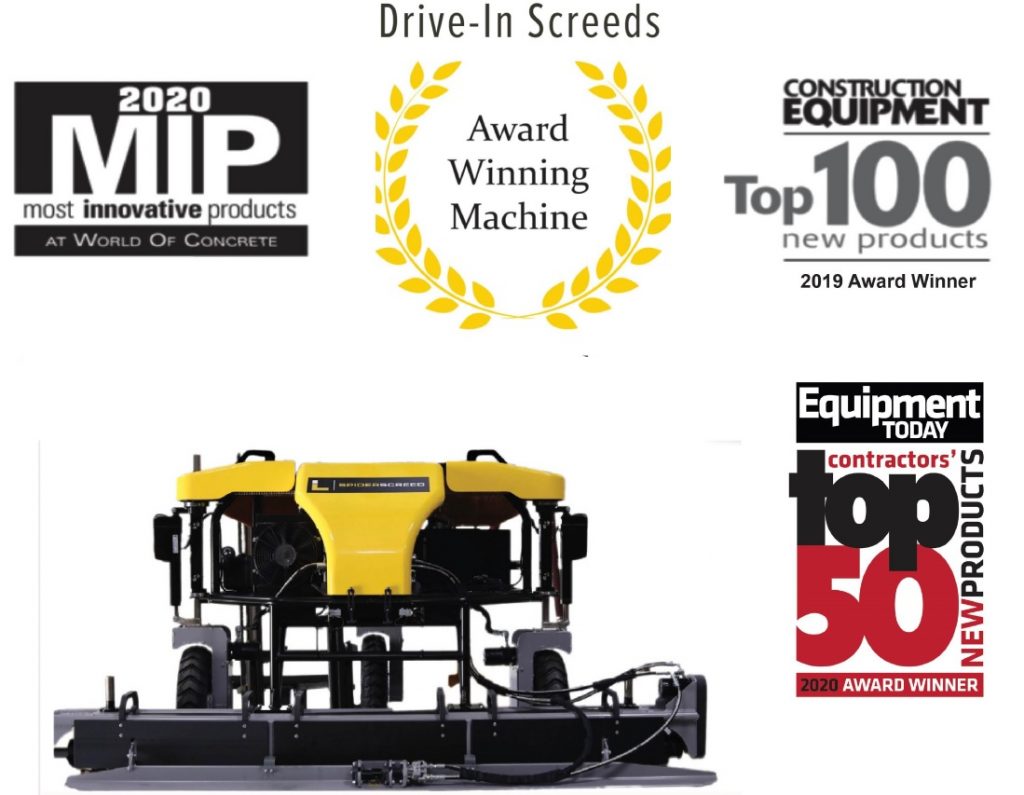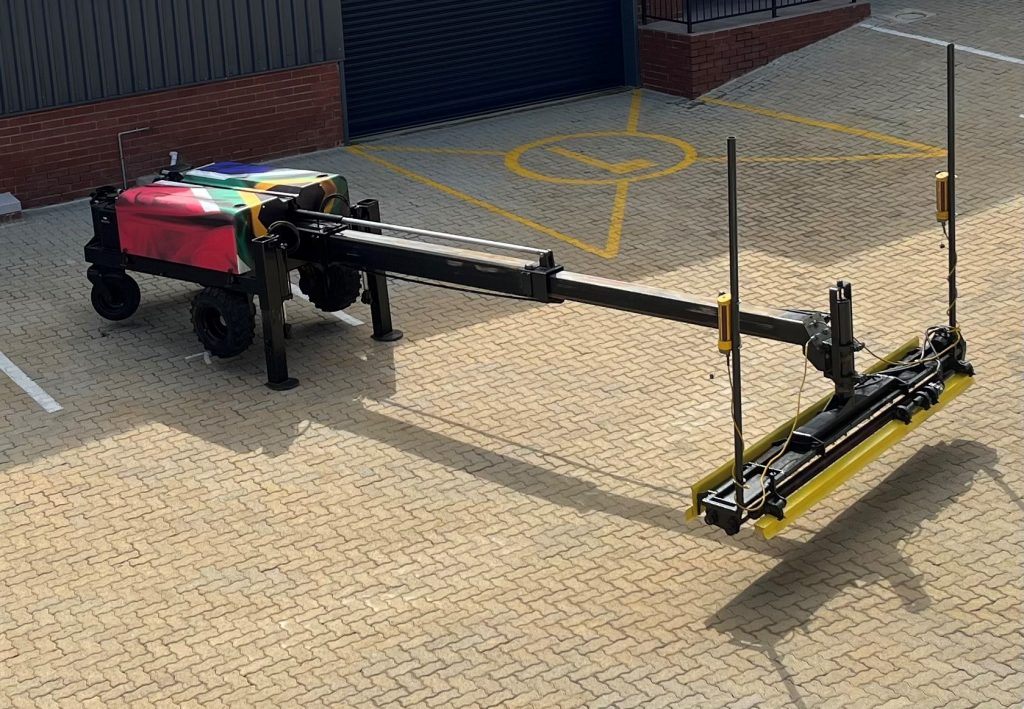
“We are a one-stop concrete flooring shop – complete with training and consulting,” says Sven Schutte, founder of All States Africa Concrete Equipment.
“When a contractor wishes to establish a concrete flooring capability from scratch, they need only come to us to get under way. We supply everything necessary to enable a contractor to set itself up in business and produce a proper floor. In addition, we consult. We have inhouse engineering capabilities through a partnership with a European engineering house that has an office in South Africa.” An engineering perspective is important because joint detailing, location and layout are all critical factors in the behaviour of concrete floors on the ground. To ensure a good floor, all parties need to be involved at all stages of the project and there needs to be open communication among all stakeholders.
“A new business starting out in concrete flooring may suffer from a lack of appreciation for different construction techniques, in turn leading to inappropriate equipment use and, subsequently, inadequate compaction; incorrect power floating and power trowelling; and poor understanding of the effects that different equipment has on the finish obtained,” explains Sven.
The only thing All States Africa doesn’t do for clients is pour the floor for them.
“Our business model is to ensure our advice is appropriate and tailored – we’re not going to sell a client ten machines when they don’t have the capacity to use them all initially. Rather, we consult with them to discover their exact needs, supply the appropriate level of equipment and train their staff on their appropriate use. As they come up to speed with the use of the equipment and are growing their business, then we can scale them up and fine tune the solution. We can provide a full solution from start to finish,” explains Sven.
Every concrete contractor must have a complete set of tools to get the job done. Since concrete waits for no one, the right tools can make the difference between a successful pour and a potential disaster. Most of the essential tools are basic and do not require a significant investment. Owning these eliminates the cost of rental fees and the lost time picking up and returning the equipment. Some specialty equipment is more expensive and is worth the investment only if the tools are needed on a regular basis. Otherwise, it may be most cost-effective to rent specific items when they’re needed.
Training is part of the service
“Through our global network, we have the resources to provide training in African countries. Our equipment is so effective that even when we sold items during the pandemic and for reasons of border closures in Australia we weren’t able to immediately provide that training, clients are still able to produce perfect flooring.”
Most problems that occur in concrete flooring can be categorised as surface defects, joint defects and structural defects.
Sven says that if a client in South Africa buys any of its machines, All States Africa sends a training team out with the machine for a standard two-day set up – and in the case of a client that buys several machines that training can be as long a week. This includes a practical doing a floor together and observing them in practice.
There is no standard specification that guides the laying of concrete floors with floors on the ground. However, contractors can use the South African National Standards model for the design, detailing and surface finishes (SANS 10109 Parts 1 and 2), as well as the book, titled Concrete Industrial Floors on the Ground, originally published by The Concrete Institute.
They provide guidance on the detailing and specifying of floors on the ground. Often, a standard structural specification like SANS 2001 CC1 is used, but it does not cover specific requirements for floors on the ground.




